Ever since the coronavirus outbreak or more recently when the World Health Organisation declared it a pandemic, health agencies around the world have been insisting that not everyone needs to wear face masks. That piece of advice might change soon.
It comes after the US health agency Centers for Disease Control and Prevention (CDC), and other health research organisations in some countries found that wearing face masks mitigates the risk of spreading coronavirus.
Asymptomatic patients infecting others
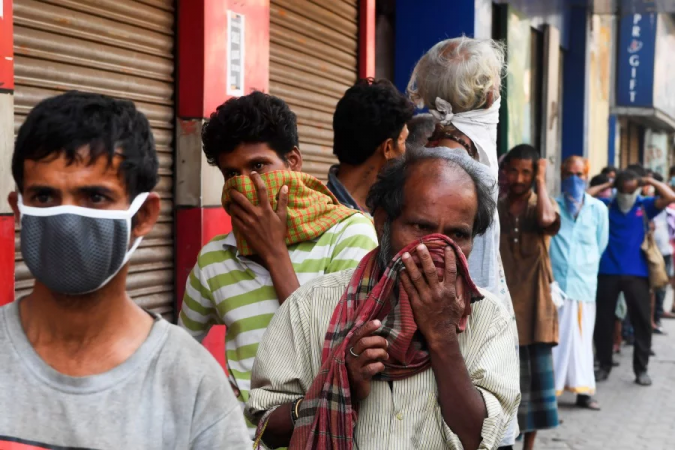
The CDC in its recent memo sent to the White House referred to increasing evidence that asymptomatic COVID-19 positive persons are transmitting the virus to others in large numbers.
In the memo, the agency then suggested, "In light of these new data, along with evidence of widespread transmission in communities across the country, CDC recommends the community use of cloth masks as an additional public health measure people can take to prevent the spread of the virus to those around them," according to the copy CDC guidance published in The Washington Post.
The agency explained that SARS-CoV-2 spreads through the droplets that come out when an infected person sneezes, coughs, or simply talk. If those droplets are taken in by a healthy person, the virus is transmitted.
Click here for all coronavirus related stories
Social distancing still matters
The agency noted that wearing masks limit the spread of droplets and thus decrease the chances of infecting others by a huge percentage. It, however, said that wearing of masks should not reduce the urgency of other hygienic habit required to contain the spread of the virus-like social distancing and regular washing of hands with soap and water.
Debate on wearing face masks
The debate on using face masks have been going on for some time with some health experts debating about its benefit. Even the World Health Organisation doesn't recommend using of face masks by everyone. According to WHO guidelines only those infected with COVID-19 or attending a coronavirus patient, and health workers need to wear face masks.

Low coronavirus cases in Hong Kong-Taiwan
However, reports of comparatively less number of coronavirus cases in some Asian countries like Hong Kong and Taiwan, have provided an alternative account of the same problem. The government there recommended people to wear face masks along with practising social distancing. Despite being at the frontline of the pandemic and closer to outbreak centre in China, cases of coronavirus did not rise sharply there till the first weak of March. The number increased only when people from Europe and the US started to come down to Hong Kong.
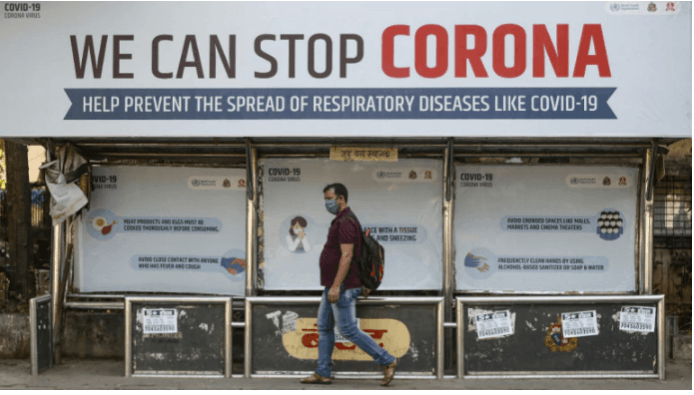
Situation in India
In India, too, the news of pandemic pushed a huge number of people into buying face masks and sanitizers leading to shortage of surgical masks like N95 even for health workers.
It has to be made clear that masks for the general public do not need to be surgical or biomedical masks.
Though health agencies in the country still maintain WHO guidelines on using face masks, the government, keeping in consideration new reports and statistics about the disease, has assured to compensate the shortage of face masks by providing assistance in making homemade masks.
(The Office of the Principal Scientific Adviser to the Government of India issued the manual on homemade masks: "Masks for Curbing the Spread of SARS-CoV-2 Coronavirus" for home fabrication. Download the detailed manual on using and making homemade masks here).
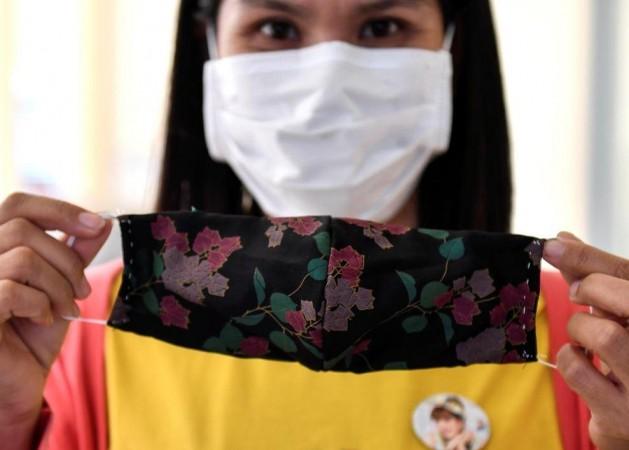
Homemade face masks
The Ministry of Science and Technology referred to report published in US medical journal PubMed which showed that "if 50% of the population were to wear masks, only 50% of the population would be infected by the virus. Once 80% of the population wears a mask, the outbreak can be stopped substantially."
Especially people living in densely populated areas have been recommended to wear masks.
"India has pockets of dense population: its mind-boggling the density; the North East district of Delhi has a population density of 36,155 per square km, the models and control points for India are out of scale! Masks and washing hands will help and easy to make at home," said Dr Shailja Vaidya Gupta, Senior Advisor, Office of the Principal Scientific Adviser to the Government, while speaking with India Science Wire.
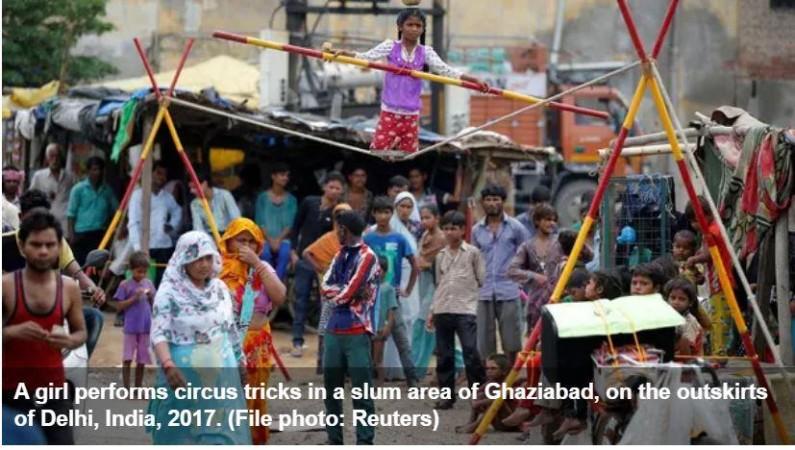
Should we wear masks or should we not
Though the choice of wearing a face mask or not is still in our hands, the advice by health organisations would add weightage, there are some benefits of wearing a face mask.
First: Masks would prevent user from infecting others. Depending on your proximity or state of being, the droplets can travel more than six feet. And since many of us are not sure about who all are infected with COVID-19 and are asymptomatic, wearing a mask can reduce the chances of infection for all of us.
Second: Masks serves a reminder to not touch our face. We are so habitual of touching our nose, eyes or mouth all the time that in time like these we forget not to do it. A good example of it was the official licked finger even while giving hygienic practice guidelines in view of coronavirus.
To make the point clear, a mask would act a reminder and a barrier to not touch our face and thus restrict the chances of infection.
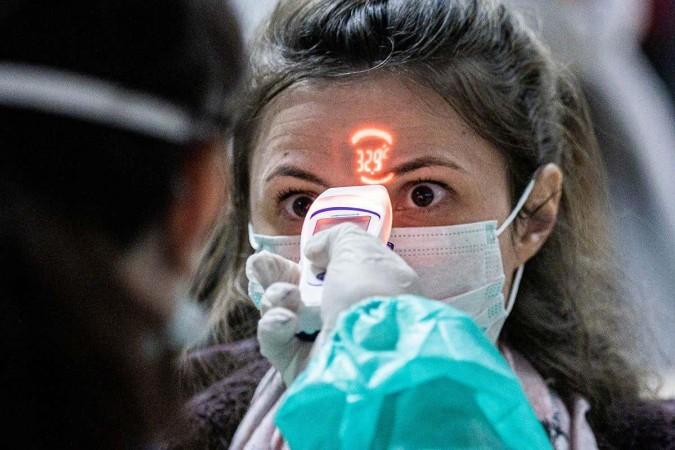
Third: A signal of caution to others. When wearing masks in public places like a grocery shop or a banking facility, it would remind people of the gravity of the situation we all are in. And even those who are a bit hesitant to put on the masks would find it comforting that others are wearing it, and thus, so should they.
In the end, just be mindful of disinfecting and disposing of the used masks. Or else it could lead to contamination and spread the virus making all our efforts null.














